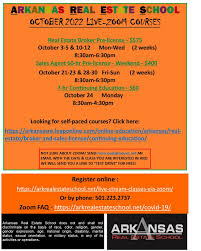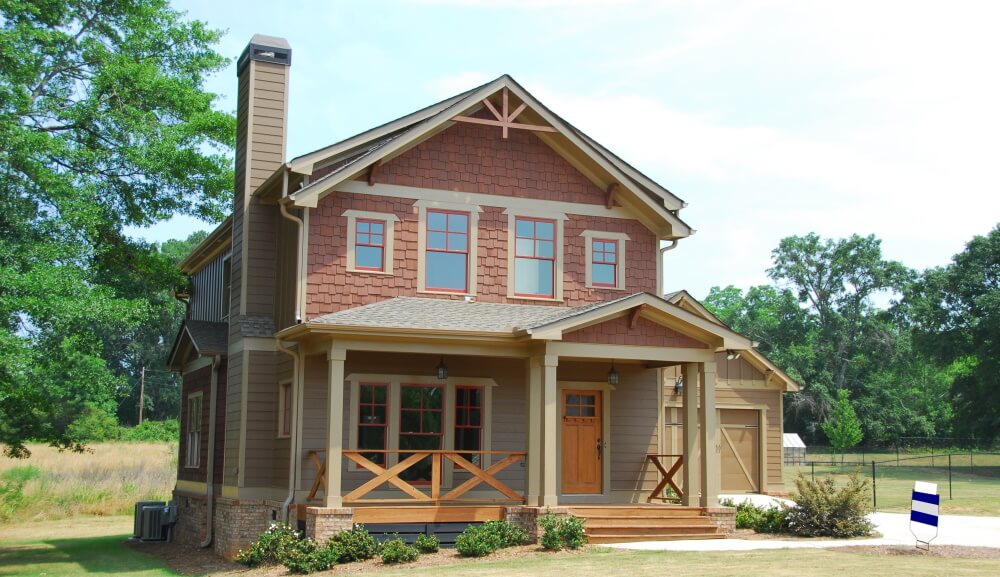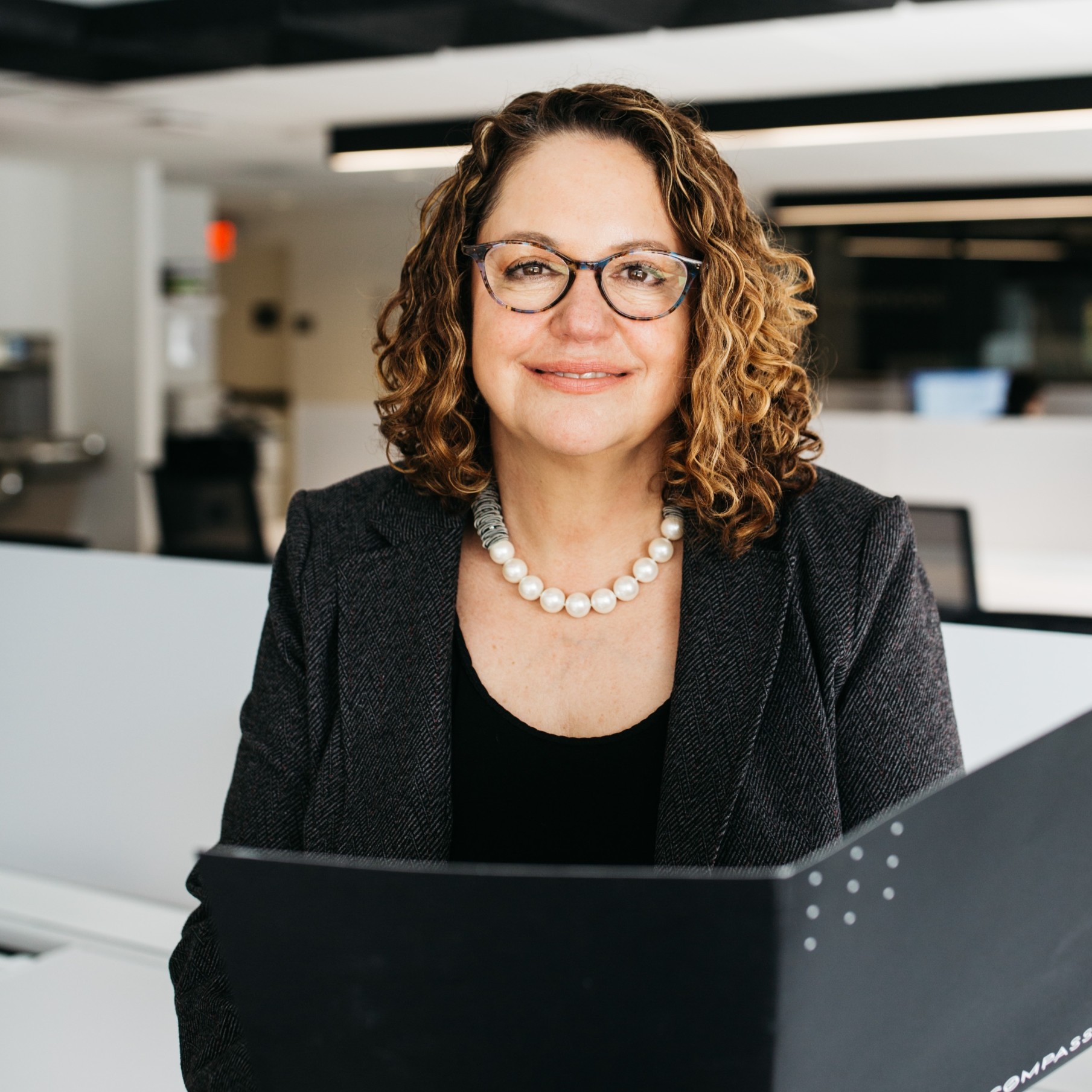
You can use auctions if you are a real estate investor who wants to purchase a house at a fraction of the original price. The downsides of buying a house through auctions include the risk and potential danger. The key is to do your homework and consider your options carefully.
How do auction houses work?
There are many reasons homes may end up in auction. Governments and lenders use auctions to cut losses and recoup some of their costs by selling homes at a fraction of their market value.
In tax lien sales, governments often sell properties to individuals and businesses. These are sometimes called foreclosures and can be performed by the municipality or by a trustee hired to the lender.
This type of sale doesn't require the homeowner to pay any taxes or the remaining balance on their mortgage. The homeowner sells the house to the highest bidder.

It is important to have plenty of cash in your bank account to purchase a house auctioned. This is because you won't be able inspect the property until you make the payment. A deposit of earnest money is required. Also, you will need money to make repairs to the house.
Sometimes, the title to the property you buy at an auction is not clear. Before you buy the home at auction, make sure to research any liens.
Buying at auction is not for everyone and you should be prepared to make a significant down payment, even if you have a good credit score. You may also need to have a lot of cash on-hand to cover closing costs and application fees.
There are three types of auction house sales: absolute, fixed and sealed bidding. Because it attracts most bidders, the absolute home auction is the most preferred.
Once you are ready to place your bidding, you need to decide if you want to do it in person or online. If you intend to bid in person at the auction, you will need a time and date to submit your offer.

Online bidding is a good idea. You need to know the procedure and when you can submit your final offer. In order to make sure that no one else is able to beat you, you will also need to determine the maximum amount you are willing and able to bid on the house.
You can't guarantee you'll get the price you paid for the house, or that the seller won’t change their mind about the contract. Additionally, you will have to deal directly with the seller and the auctioneer.
FAQ
What should I look out for in a mortgage broker
A mortgage broker is someone who helps people who are not eligible for traditional loans. They work with a variety of lenders to find the best deal. This service is offered by some brokers at a charge. Other brokers offer no-cost services.
How can I get rid Termites & Other Pests?
Termites and many other pests can cause serious damage to your home. They can cause damage to wooden structures such as furniture and decks. This can be prevented by having a professional pest controller inspect your home.
What are the cons of a fixed-rate mortgage
Fixed-rate mortgages have lower initial costs than adjustable rates. A steep loss could also occur if you sell your home before the term ends due to the difference in the sale price and outstanding balance.
What are the benefits of a fixed-rate mortgage?
A fixed-rate mortgage locks in your interest rate for the term of the loan. This will ensure that there are no rising interest rates. Fixed-rate loans offer lower payments due to the fact that they're locked for a fixed term.
Do I need to rent or buy a condo?
Renting is a great option if you are only planning to live in your condo for a short time. Renting allows you to avoid paying maintenance fees and other monthly charges. The condo you buy gives you the right to use the unit. You are free to make use of the space as you wish.
Is it better for me to rent or buy?
Renting is generally cheaper than buying a home. However, renting is usually cheaper than purchasing a home. You also have the advantage of owning a home. You'll have greater control over your living environment.
What is a "reverse mortgage"?
A reverse mortgage lets you borrow money directly from your home. It allows you access to your home equity and allow you to live there while drawing down money. There are two types: conventional and government-insured (FHA). You must repay the amount borrowed and pay an origination fee for a conventional reverse loan. FHA insurance covers your repayments.
Statistics
- This seems to be a more popular trend as the U.S. Census Bureau reports the homeownership rate was around 65% last year. (fortunebuilders.com)
- The FHA sets its desirable debt-to-income ratio at 43%. (fortunebuilders.com)
- It's possible to get approved for an FHA loan with a credit score as low as 580 and a down payment of 3.5% or a credit score as low as 500 and a 10% down payment.5 Specialty mortgage loans are loans that don't fit into the conventional or FHA loan categories. (investopedia.com)
- When it came to buying a home in 2015, experts predicted that mortgage rates would surpass five percent, yet interest rates remained below four percent. (fortunebuilders.com)
- Some experts hypothesize that rates will hit five percent by the second half of 2018, but there has been no official confirmation one way or the other. (fortunebuilders.com)
External Links
How To
How to Manage a Rental Property
It can be a great way for you to make extra income, but there are many things to consider before you rent your house. We will show you how to manage a rental home, and what you should consider before you rent it.
Here's how to rent your home.
-
What are the first things I should consider? Consider your finances before you decide whether to rent out your house. If you have debts, such as credit card bills or mortgage payments, you may not be able to afford to pay someone else to live in your home while you're away. Check your budget. If your monthly expenses are not covered by your rent, utilities and insurance, it is a sign that you need to reevaluate your finances. It may not be worth it.
-
How much does it cost to rent my home? It is possible to charge a higher price for renting your house if you consider many factors. These factors include the location, size and condition of your home, as well as season. You should remember that prices are subject to change depending on where they live. Therefore, you won't get the same rate for every place. Rightmove reports that the average monthly market price to rent a one-bedroom flat is around PS1,400. This means that if you rent out your entire home, you'd earn around PS2,800 a year. That's not bad, but if you only wanted to let part of your home, you could probably earn significantly less.
-
Is it worthwhile? It's always risky to try something new. But if it gives you extra income, why not? It is important to understand your rights and responsibilities before signing anything. You will need to pay maintenance costs, make repairs, and maintain the home. Renting your house is not just about spending more time with your family. You should make sure that you have thoroughly considered all aspects before you sign on!
-
Are there benefits? It's clear that renting out your home is expensive. But, you want to look at the potential benefits. There are many reasons to rent your home. You can use it to pay off debt, buy a holiday, save for a rainy-day, or simply to have a break. No matter what your choice, renting is likely to be more rewarding than working every single day. If you plan ahead, rent could be your full-time job.
-
How do I find tenants? Once you decide that you want to rent out your property, it is important to properly market it. You can start by listing your property online on websites such as Rightmove and Zoopla. Once you receive contact from potential tenants, it's time to set up an interview. This will help you assess their suitability and ensure they're financially stable enough to move into your home.
-
How can I make sure that I'm protected? You should make sure your home is fully insured against theft, fire, and damage. Your landlord will require you to insure your house. You can also do this directly with an insurance company. Your landlord may require that you add them to your additional insured. This will cover any damage to your home while you are not there. This doesn't apply to if you live abroad or if the landlord isn’t registered with UK insurances. In these cases, you'll need an international insurer to register.
-
If you work outside of your home, it might seem like you don't have enough money to spend hours looking for tenants. Your property should be advertised with professionalism. It is important to create a professional website and place ads online. Additionally, you'll need to fill out an application and provide references. While some prefer to do all the work themselves, others hire professionals who can handle most of it. Either way, you'll need to be prepared to answer questions during interviews.
-
What happens once I find my tenant You will need to notify your tenant about any changes you make, such as changing moving dates, if you have a lease. Otherwise, you can negotiate the length of stay, deposit, and other details. It's important to remember that while you may get paid once the tenancy is complete, you still need to pay for things like utilities, so don't forget to factor this into your budget.
-
How do you collect rent? When it comes time for you to collect your rent, check to see if the tenant has paid. If not, you'll need to remind them of their obligations. You can deduct any outstanding payments from future rents before sending them a final bill. You can call the police if you are having trouble getting hold of your tenant. They won't normally evict someone unless there's been a breach of contract, but they can issue a warrant if necessary.
-
How can I avoid problems? Although renting your home is a lucrative venture, it is also important to be safe. Install smoke alarms, carbon monoxide detectors, and security cameras. Also, make sure you check with your neighbors to see if they allow you to leave your home unlocked at night. You also need adequate insurance. You should never allow strangers into your home, no matter how they claim to be moving in.